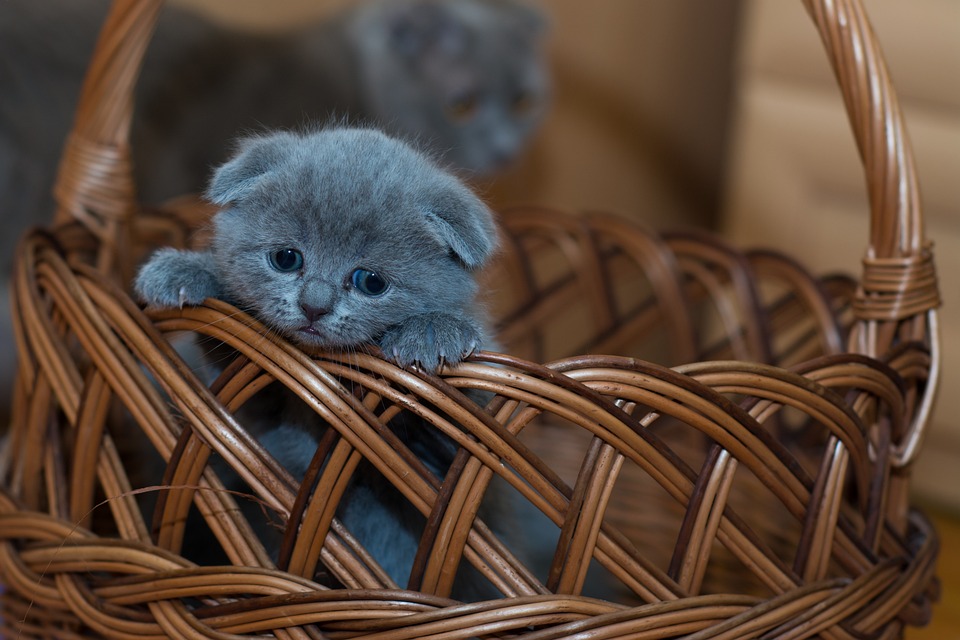Proper Nutrition and Weight Management for Cats: A Comprehensive Guide
Introduction:
Proper nutrition and weight management play a crucial role in the overall health and well-being of cats. Just like humans, cats require a balanced diet to thrive and maintain optimal health. In this comprehensive guide, we will explore the importance of proper nutrition for cats and provide valuable information on weight management strategies.
I. Understanding a Cat’s Nutritional Needs:
Cats have unique dietary requirements that differ from other animals. They are obligate carnivores, which means they require specific nutrients found primarily in animal tissues. Protein is a vital component of a cat’s diet, as it provides essential amino acids necessary for their growth, development, and overall health. Other important nutrients for feline health include fats, vitamins, minerals, and water.
II. Choosing the Right Cat Food:
Commercial cat food plays a significant role in meeting a cat’s nutritional needs. It is essential to understand how to decipher cat food labels to ensure you are making the best choice for your feline friend. Look for high-quality cat food that is complete and balanced, meaning it contains all the necessary nutrients in the right proportions. Avoid cat foods that contain excessive fillers, artificial additives, and low-quality protein sources.
III. Feeding Guidelines for Cats:
Determining the appropriate portion sizes for your cat is crucial to prevent overfeeding or underfeeding. Factors such as age, weight, and activity level should be taken into consideration when determining the amount of food to provide. Establishing a consistent feeding schedule is also important to regulate your cat’s eating habits. This can help prevent obesity and ensure they receive the proper nutrients at the right times.
IV. Weight Management for Cats:
Obesity in cats is a growing concern and can lead to various health issues, including diabetes, heart disease, and joint problems. It is crucial to recognize the signs of overweight or obesity in cats, such as an inability to feel their ribs or excessive fat deposits. Strategies for weight management include portion control, regular exercise, and feeding a balanced diet specifically formulated for weight loss. Consulting a veterinarian for personalized guidance is recommended.
V. Cat Treats and Snacks:
Treats can be a part of a cat’s diet but should be given in moderation. It is important to choose healthy and low-calorie treats to avoid excessive weight gain. Look for treats that are specifically formulated for cats and avoid feeding them human foods that may be toxic or unhealthy for their digestive system. Use treats as a reward or for training purposes, rather than as a primary source of nutrition.
VI. FAQs (Frequently Asked Questions):
This section addresses common questions related to feline nutrition and weight management to provide further clarity and guidance for cat owners.
Conclusion:
Proper nutrition and weight management are crucial for the overall health and longevity of cats. By providing a balanced diet, practicing portion control, and ensuring regular veterinary check-ups, you can help your feline companion lead a healthy and fulfilling life. Remember, each cat is unique, so it is always best to consult a veterinarian for personalized nutrition and weight management advice.








